
 The SFFaudio Podcast #383 – Jesse, Bryan Alexander, and Steen Hansen talk about The Andromeda Strain by Michael Crichton.
The SFFaudio Podcast #383 – Jesse, Bryan Alexander, and Steen Hansen talk about The Andromeda Strain by Michael Crichton.
Talked about on today’s show:
1969, before the Apollo 11 Moon Landing, contemporary critics, SF critics vs. mainstream critics, the defense of the ghetto against interlopers, Ray Bradbury, Doris Lessing, a deep feeling, spoiling the book, showing what was wrong with it, getting the facts wrong, interpretation, Luke Burrage reviewing, Robert J. Sawyer, bad writing, had they done nothing … nothing would have happened, the mutation, the Wildfire facility, Star Trek, scientists out for the good of humanity, self-destruct sequences, MAD: Mutually Assured Destruction, every nuclear sub movie, film-like, The Ipcress File by Len Deighton, airport fiction tropes, hyper competent high level government high tech mcguffins, brain-washing, novel -> film, written for film?, ER, picky fiddly science and bureaucratic operation, killed or useless, trusted scientists to save the world, ruthlessly hard science, Hollywood couldn’t make this movie now, restrained, chilly, the gender swap, Robert Wise, Shirley Jackson, The Haunting Of Hill House, Alfred Bester, a document dump, classified material, overloading the reader with verisimilitude, Eaters Of The Dead by Michael Crichton, The Thirteenth Warrior, Vikings, Russians and Byzantium, completely bullshit, Mr. Bullshit, regular SF vs. techno-thriller, a yummy INFODUMP, nobody had a definition for life, black cloth, a watch, a piece of granite, pure Science Fiction, Bryan’s mind destroyed at age 8, binary numbers, lasers vs. darts, Larry Niven, 24, Colossus: The Forbin Project, Steen welcomes our robot overlord, high-scale AI, Iain M. Banks, humans as pets, humans as cogs, I Have No Mouth And I must Scream, Prof. Eric S. Rabkin, Dante Alighieri, lost race, the descent into Hell, from red to blue, the harrowing of Hell, a cold war story where the Russians aren’t the bad guys, The Bedford Incident, James Follett’s The Light Of A Thousand Suns, set in the recent past, the shotgun approach, Margaret Atwood, picking and choosing at the buffet table, dedicated to A.C.D., M.D. -> Dr. Arthur Conan Doyle -> Dr. Michael Crichton, “not a new story”, the glowing review in Life magazine, a retelling of The Blob, the Technovelgy, auto-doc, the suppressed cancer drug, Jensen Pharmaceuticals, gut flora, nudity and ass-grabbing, rectal suppository, astro-Tang, coffee, all that cleaning, they’re too holy, the five levels is a gimmick, the leveling, it’s bullshit!, we all know we have to wash our hands, the Wikipedia entry for the Airport Genre
Airport novel(s) represent a literary genre that is not so much defined by its plot or cast of stock characters, as much as it is by the social function it serves. An airport novel is typically a fairly long but fast-paced novel of intrigue or adventure that is stereotypically found in the reading fare offered by airport newsstands for travelers to read in the rounds of sitting and waiting that constitute air travel.
Rudyard Kipling’s fiction was published as a railway magazine, the origin of pulp fiction, The Lion’s Game by Nelson DeMille, the opening to The Strain, having the reins of political power at your fingertips, in the 2008 miniseries remake, back stories/love stories, a muddy anti-science mess, pre-Apollo -> Watergate -> conspiracy theories, the technical glitch (paper between the bell and the striker), germ warfare?!, the remake of The Manchurian Cantidate, the films and adaptations reflect the times, the 2008 version is super-militarized, X-18, F-4 phantoms, Dracula, the long gothic tradition of found documents, Plan 9 From Outer Space, a cold war document, The Parallax View, Captain America: Winter Soldier, Crichton like Spielberg loves power, Close Encounters Of The Third Kind, the end of Raiders Of The Lost Ark, medical people as superheroes, uber-expert scientists, power fantasy fiction, scepticism of power, image Michael Crichton at a Science Fiction convention, the immune reaction, You are not of the body!, techno-thrillers, why Ian Fleming’s James Bond books became so popular, JFK, Ronald Reagan was a big fan of Tom Clancy, The Hunt For Red October, Reagan based foreign policy of Red Storm Rising, Jack Ryan was a wonk Navy -> CIA agent -> CIA Director -> President, Firefox, political fiction written for a jet-set audience, conservative Heinleinian, Andromeda Strain cosplay?, Footfall by Larry Niven and Jerry Pournelle, SF writers save the world from alien invasion, science matters vs. science fiction, the first biology crisis, outflanking the ghetto, the 2006 Worldcon, Greg Benford, Greg Bear, David Brin, thinking up scenarios, if I was a terrorist how would I destroy the the United States, Wildfire, Cold War contingency planning, the Rand Corporation, the odd-man out element, his name was Hall but should have been Corridor, does this make sense?, the odd man is gay?, The Odd Couple, gay coding?, gay men are most likely to turn off nukes?, The Great Train Robbery, timing pacing planning tricking, that roller-coaster spark, opening observation, we are always observing, fun fiction for Henry Kissinger and the jet set, bureaucrats of a class, this function material is reflective, Science Fiction writers are poor, Robert Silverberg, Lawrence Block and Donald Westlake, Isaac Asimov, a biology book, Paul Di Filippo, bio-punk, Ribo-funk, The Bay (2012), The Hot Zone, the wet science, cloning, the neglected science, Coma, Protector by Larry Niven, how electron-microscopes work, crystallography, “it mutated”?!?!?, that was odd, it’s communicating with itself, block-chain virus, deep hurting, The Door Into Ocean by Joan Slonczewski, medicine without silicon, the Patriarchy, The Highest Frontier, Blood Music by Greg Bear, a Halo novel, The Wind From A Burning Woman, a “wild” writing style, bio is hard to do, Pontypool, prions, the worst part of The Walking Dead, we’re all infected, a symbol for regular death, Titan by John Varley, a 100ft tall Marilyn Monroe monster, The Satan Bug by Alistair Maclean (1962), where does the techno-thriller begin, a precursor to techno-thriller, The Stolen Bacillus by H.G. Wells, a really obvious anarchist, Wells defused the whole genre for sixty years, The Food Of The Gods, a convincing linguistic maneuver, fawning of technology bureaucracy power and the function of government, a stack of Jane’s Fighting Ships, the Sputnik shock, British invasion novels, Tom Clancy as a zombie brand, special helicopter trip, massive government expenditure for the competent man, an empty jetliner, vicarious thrill, power fantasy, “he’s the most important person right now”, this is our bailiwick!, nice and short, Dean Koontz, Phantoms, A Game Of Thrones by George R.R. Martin, Ghost Fleet by August Cole and P.W. Singer, Douglas Preston and Lincoln Child books, no CRISPR, China is no Soviet Union, futurism, education moves so slowly, Little Brother by Cory Doctorow, an X-Box with Paranoid Linux, Reamde by Neal Stephenson, a Kurt Vonnegut vibe, a Welsh Muslim terrorist, like pornography you know a techno-thriller when you see it.


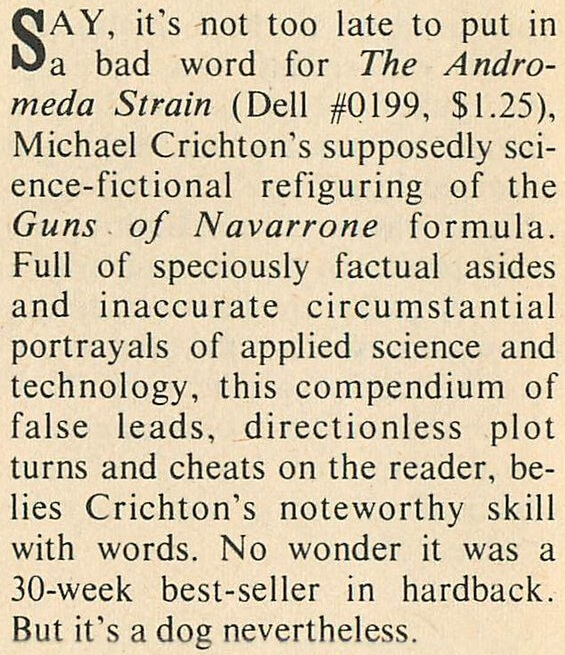
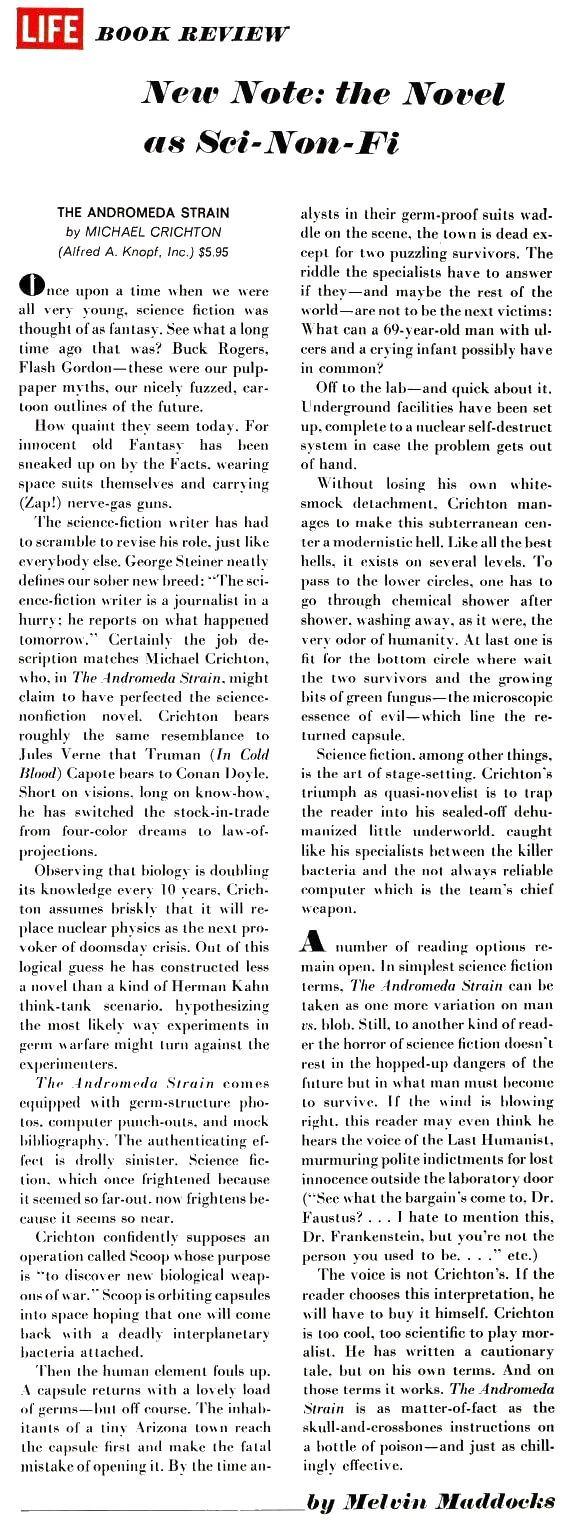
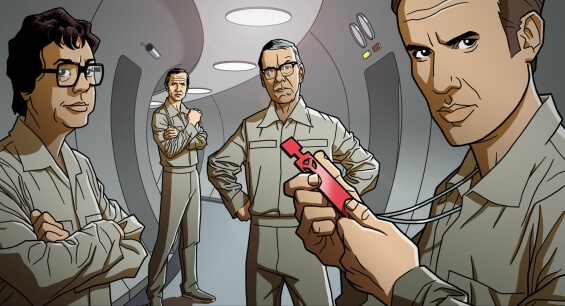

Posted by Jesse Willis






















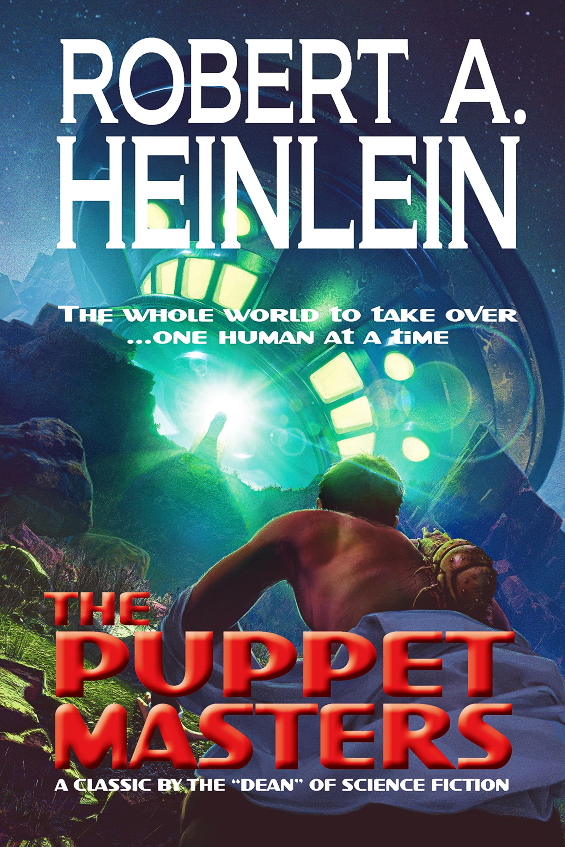
 Reading, Short And Deep #001
Reading, Short And Deep #001
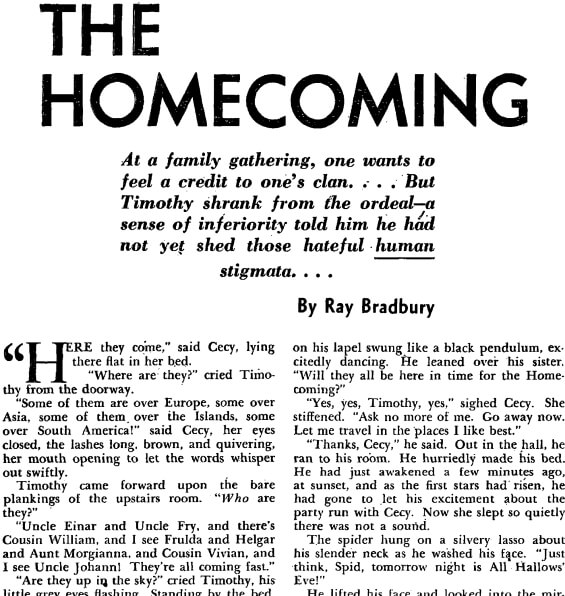
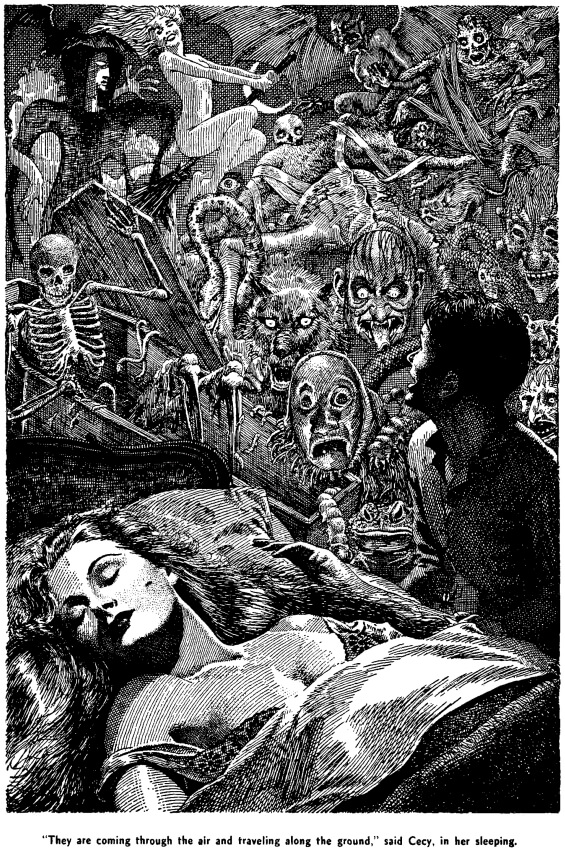
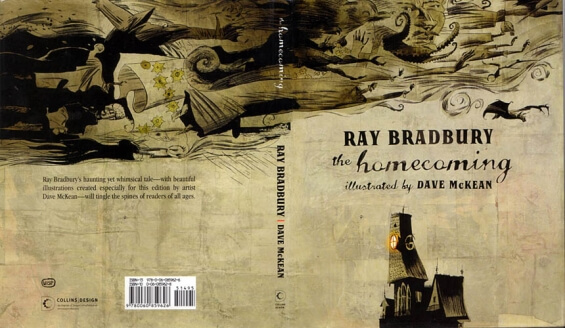

 The Martian Chronicles
The Martian Chronicles